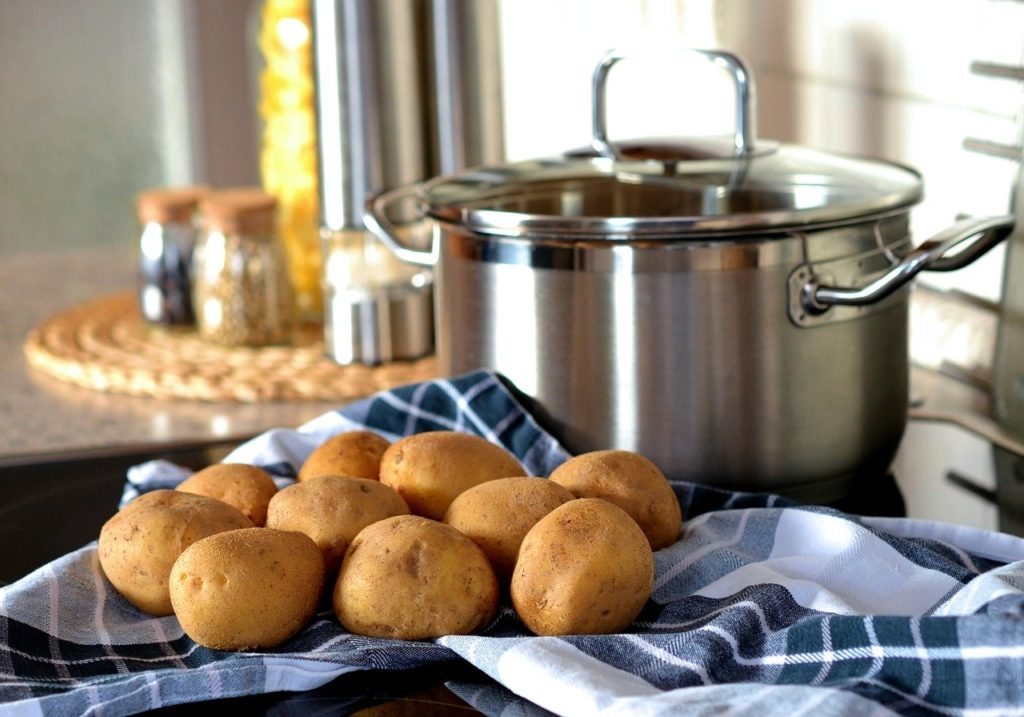How to improve your kitchen sustainability in 2020
Let’s talk about waste. Specifically, let’s talk about how to waste less in 2020.

According to the United States Department of Agriculture, an estimated 30 to 40 percent of the food supply becomes food waste. The Environmental Protection Agency estimated that there were 40.67 million pounds of food waste generated in 2017 — and 75 percent of it went to landfills. All in all, this amounts to a lot of perfectly good food not being eaten.
It doesn’t have to be this way.
If each of us worked to reduce the amount of food we waste, we could make the food that’s grown here in Maine mean more. We could save money, waste less and help our planet more. We could be better citizens of Earth.
Improving our kitchen sustainability begins at home in our kitchens. It starts by making smarter buying decisions. How?
Make a list. When you shop with a list you are less likely to be tempted to overbuy or purchase food products you won’t really use. Make your list with your weekly meals in mind. In other words, meal plan for breakfast, lunch and dinner to avoid waste.
Shop local. Locally grown food has a lower carbon footprint than food brought in from elsewhere. Here in Maine, we’re lucky to have a thriving network of farmers markets (yes, even in the winter!) and food producers like Todd’s Salsa, Pineland Farms and W.A. Bean. We’re also fortunate that national chains have committed to selling local produce in their stores.
Cook according to your plan. The meal planning you did for breakfast, lunch and dinner only works if you do. So put the plan into action and follow it. This will ensure that all those luscious ingredients get used well.
Use the whole plant. As you cook, you will inevitably have trimmings, greens and other parts of veggies to deal with. But what can you do with them? Some greens — carrot greens and beet greens, for instance — are delightful to eat. Those can be used in stir-fries, salads, sauces and other applications as you would spinach. For the ends of onions, ribs of peppers, etc, store them in a plastic bag in the freezer until the bag is full. Then use them to make vegetable broth. Or, if that’s just not your speed, compost them. If you have chickens — or friends with chickens — food scraps can also be fed to them.
Choose long-lasting cookware and kitchen utensils. Speaking of cooking, avoid cheap cookware and kitchen utensils. Instead, use long-standing alternatives like cast-iron and good wooden spoons. Then take care of them. When properly cared for, these items can last for years and years. Not only will your household consume less in the long-term, but you will be using better materials for you as well.
DIY whenever you can. From chopping vegetables to making broths, there are many tasks we’ve been fooled into believing we’re better off without. But really, when you work from whole ingredients, you use better quality foods. And when you make your own, you ensure that you are disposing of less packaging and controlling the ingredients in your food.
Clean green. Skip the household cleaners in the bright plastic bottles and make your own. From dish soap to counter cleaner, there are so many cleaners you can make and they will do an excellent job of keeping your home bright and clean — without added waste.
